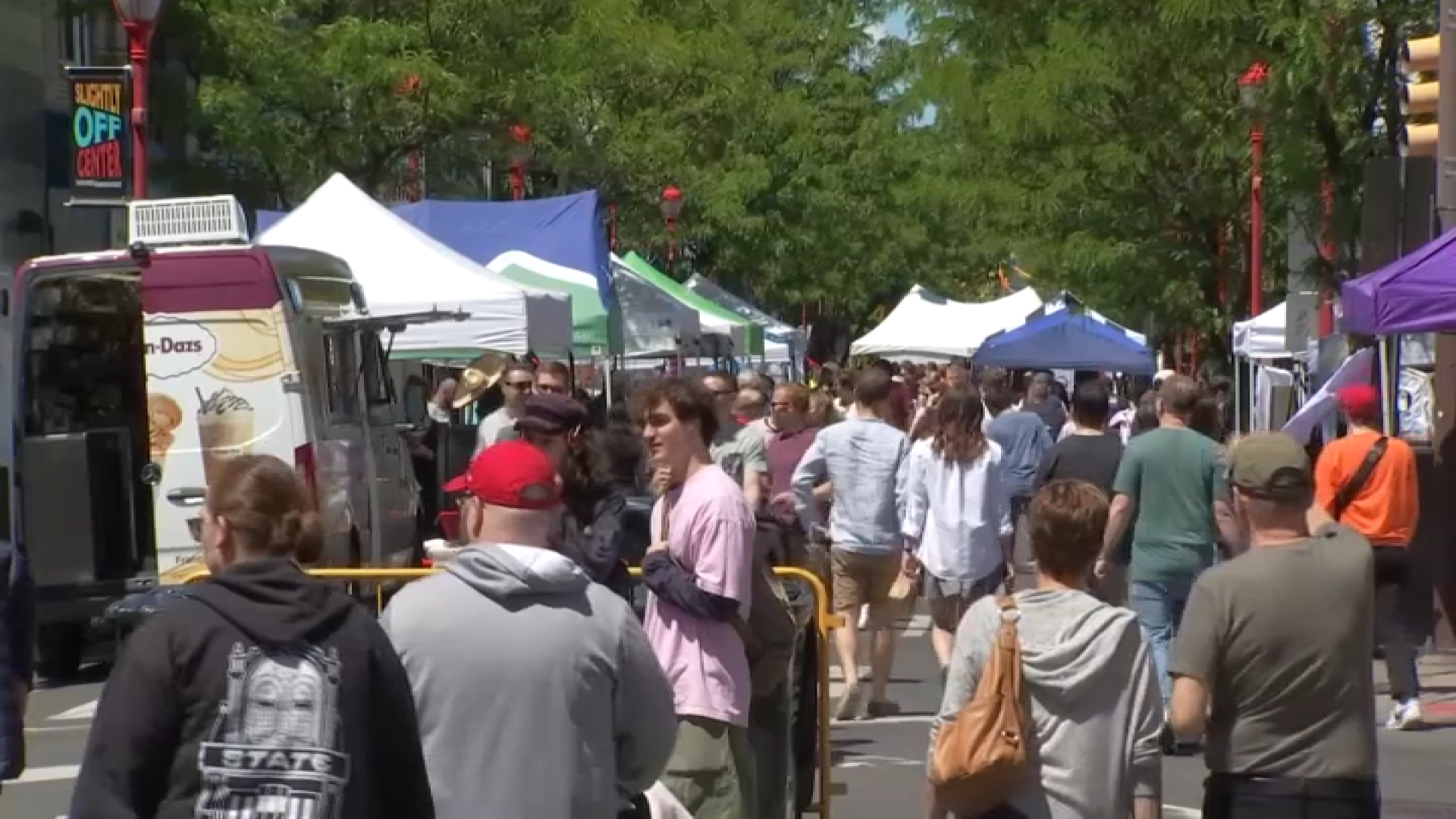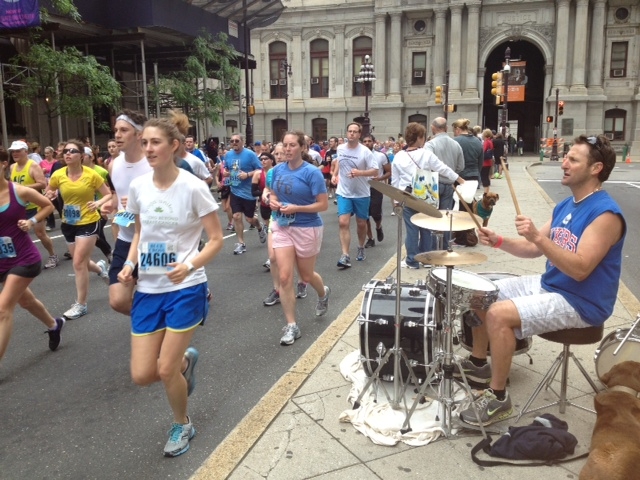In the new world of Philadelphia elections, where free-spending, non-candidate groups could dominate campaigns, a new organization has surfaced that will focus on getting a better City Council.
And it appears it plans to do it with "dark money."
It's called Philadelphia 3.0, and its website makes it clear it wants new blood in Council.
"The six longest-tenured members of City Council have been in office a combined 132 years," the site notes, and "not a single member of Council is younger than 41."
I spoke with Alison Perelman, executive director of the organization, who said it's "backed by a diverse group of Philadelphians who share a belief that Philadelphia is at a crossroads, and that it's a moment and opportunity that we have to capitalize on."
Who, exactly?
Local
Breaking news and the stories that matter to your neighborhood.
Months ago I and other reporters called Robert Zuritsky of the Parkway Corp., because we'd heard he was organizing business leaders to create a new committee.
This is clearly the result of that effort, though when I asked Perelman, she declined to say if Zuritsky was involved. She did say the group is not purely an effort of business leaders.
Perelman said the group will encourage new voters, particularly millennials, to become involved in this Council race.
She noted there's a questionnaire for Council candidates on the group's website that asks tough, specific policy questions potential candidates should be prepared to answer (she's right - they're good questions).
The group will evaluate candidates in part based on responses to the questionnaire, and then support the candidates it endorses, in ways she can't discuss yet.
But the most intriguing thing I heard from her is that the organization plans to stay together and active through the next three municipal elections – that's 2023 – and will recruit new, presumably exciting Council candidates.
"We are going to be building a leadership pipeline of new compelling candidates to run for City Council," Perelman said. "We think that there are many strong, compelling leaders who have an interest in public office, but decide not to take the risk to run because they don't see a path to victory."
Staying anonymous
The discouraging thing about the effort, from the point of transparency in elections, is that it appears determined to hide the identity of its donors.
The group is organized not as a political committee, which would have to file regular reports disclosing donors and spending, but as a 501-c4 non-profit corporation. That's the kind of entity we've heard so much about on the national level that takes big checks, influences elections keeps donors' identities private.
When I asked Perelman why the donors chose to remain anonymous, she really didn't have an answer. But she did say that group will strengthen democracy by making candidates and campaign debate more substantive.
While non-profits organized like this one have managed to keep donors hidden in national campaigns, it's not entirely clear whether they'll be able to do that indefinitely here.
There are a number of federal court cases over whether state and local regulators can require 501-c4's to disclose donors and spending if they influence their elections, and rulings so far haven't clearly settled the question.
I checked with Shane Creamer, executive director of the Philadelphia Board of Ethics, which enforces the city's campaign laws. He said the board is unable to comment at this time.



